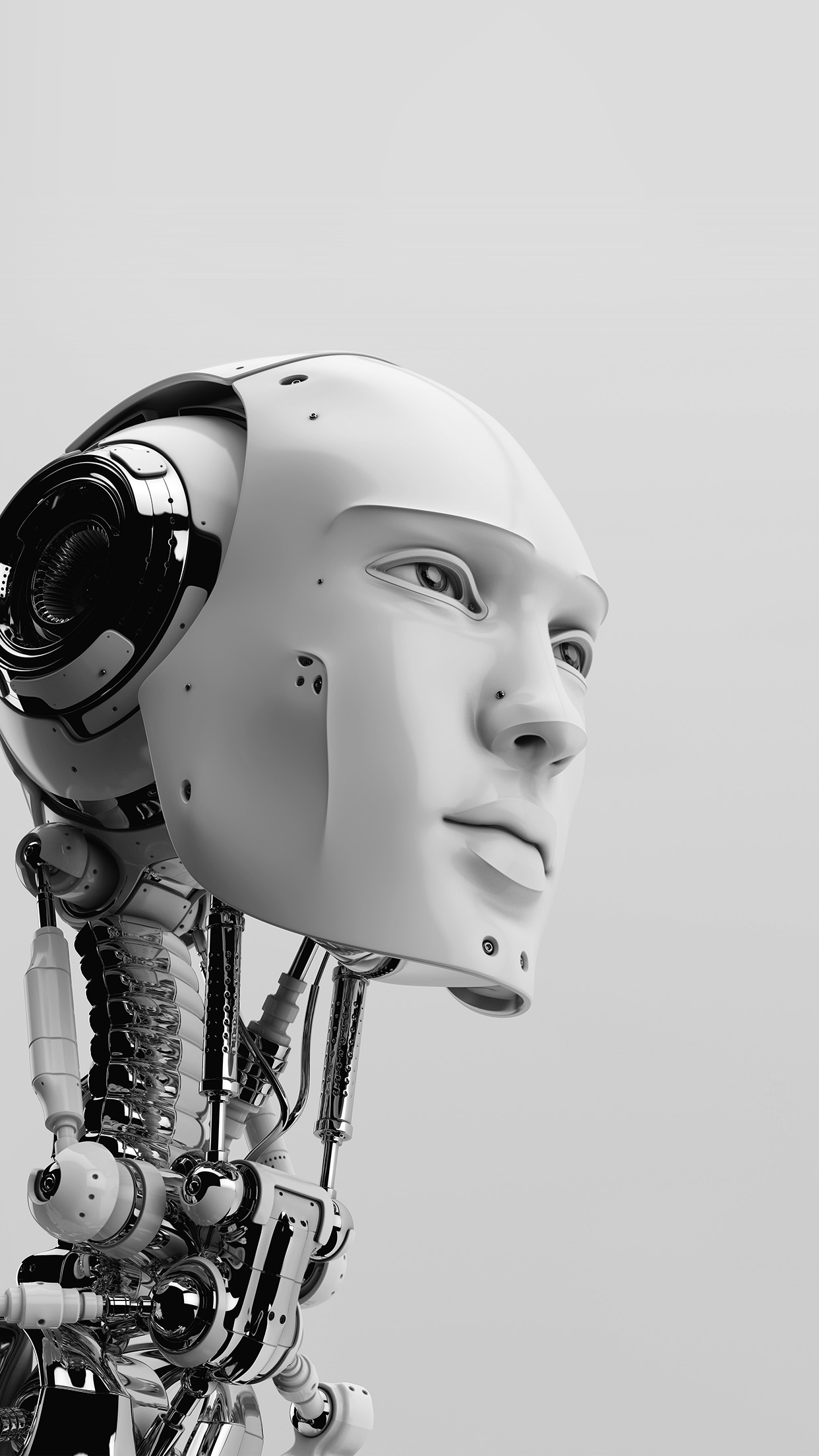The Rise of AI: Unveiling the Future
The Rise of AI: Unveiling the Future
Blog Article

Artificial intelligence, often shortened to AI, has emerged as a transformative force in our modern world. From self-driving cars to virtual assistants on our smartphones, AI technologies are becoming increasingly integrated into our daily lives, reshaping industries and revolutionizing the way we interact with technology. But what exactly is artificial intelligence, and how is it poised to shape the future? In this article, we will delve into the nuances of AI, exploring its capabilities, applications, and the ethical implications that come with its rapid advancement. Join us on this journey as we unveil the potential and challenges of the rise of artificial intelligence.
History of AI
AI has a rich history dating back to the 1950s when the term was first coined. Early pioneers in the field such as Alan Turing and John McCarthy laid the foundation for what would later become a groundbreaking technology. The initial focus was on developing machines that could simulate human intelligence and perform tasks that typically required human intelligence.
The 1980s marked a period of significant growth and exploration in AI research. This era saw the emergence of expert systems, which were designed to mimic the decision-making capabilities of human experts in specific domains. Researchers began to delve deeper into machine learning algorithms and neural networks, paving the way for more sophisticated AI applications.
In the 21st century, AI experienced a resurgence driven by advancements in computing power and the availability of vast amounts of data. Breakthroughs in deep learning, natural language processing, and computer vision have propelled AI into new frontiers. Today, AI is integrated into various industries, revolutionizing processes and experiences across the board.
Current Applications
Artificial Intelligence Search Engine
Artificial intelligence is revolutionizing various industries, especially within healthcare. AI-powered systems are being utilized to analyze medical data, predict disease outbreaks, and even assist in diagnosing illnesses with a high degree of accuracy.
In the field of finance, artificial intelligence is being employed to detect fraudulent activities, automate trading processes, and provide personalized investment recommendations based on individual preferences and risk profiles.
Furthermore, the retail sector has embraced AI technologies to enhance customer experiences, optimize supply chain management, and predict consumer trends. Chatbots powered by artificial intelligence are also becoming increasingly common in online stores to provide instant support to customers.
Future Implications
The future implications of artificial intelligence are vast and transformative. As AI continues to advance, it is poised to revolutionize various industries, from healthcare to transportation. The potential for increased efficiency, precision, and innovation is immense, paving the way for a world where tasks that once seemed insurmountable can be achieved with the help of AI.
One key area where AI's future implications are particularly promising is in personalized medicine. By leveraging AI algorithms to analyze vast amounts of medical data, healthcare professionals can tailor treatments to individual patients, leading to improved outcomes and potentially saving lives. This shift towards precision medicine has the potential to revolutionize healthcare as we know it, offering customized therapies that are more effective and less invasive.
In the realm of automation, AI has the power to streamline processes and boost productivity across industries. As AI technologies continue to evolve, we can expect to see a rise in autonomous vehicles, smart manufacturing systems, and efficient supply chain management. This shift towards automation not only enhances operational efficiency but also opens up new opportunities for innovation and growth in a rapidly evolving digital landscape.
Report this page